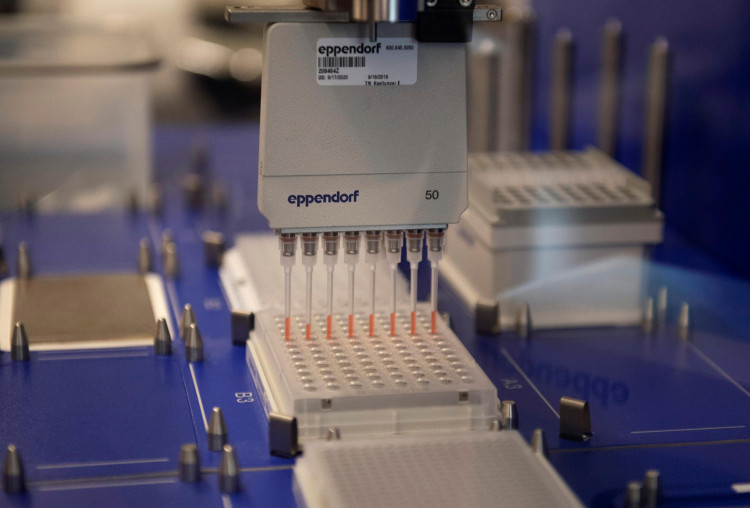Health authorities have issued a warning against the use of anti-malarial drugs chloroquine and hydroxychloroquine to treat COVID-19 and potential reinfections.
Hydroxychloroquine and its close chemical cousin chloroquine have gained disproportionate attention in the coronavirus pandemic, spurred by preliminary studies and endorsement from high-profile figures such as U.S. President Donald Trump and French President Emmanuel Macron. There is very little data backing the idea that hydroxychloroquine is an effective treatment for COVID-19, but the hype it created has caused drug shortages.
The U.S. Food and Drug Administration (FDA) has approved chloroquine and hydroxychloroquine for the treatment of malaria. Both drugs are known for their anti-inflammatory properties, so their usage expands to treating other diseases like lupus and rheumatoid arthritis.
A research conducted in February showed that chloroquine could inhibit coronavirus infection of human cells grown in a laboratory. A few days later, a report of clinical trials on patients with COVID-19 in China emerged. These trials suggested that the drug might help shorted the duration of the coronavirus disease.
A handful of small studies have been conducted since then, but none showed enough proof that chloroquine or hydroxychloroquine can put an end to COVID-19. In fact, it's believed that using either drug could cause more harm than good.
In a White House press briefing in March, Trump was quoted saying there have been "a lot of good stories" about said drugs.
"So, look, hydroxychloroquine is - is a very powerful drug for certain things, and it's a very successful drug. There's reason to believe that it could be successful here," the U.S. President said.
However, not only is Trump wrong, he is equally ignorant about the dangers that chloroquine poses to COVID-19 patients.
To debunk Trump's theory, the FDA said: "Hydroxychloroquine and chloroquine have not been shown to be safe and effective for treating or preventing COVID-19."
What's worse, people have started self-medicating. An Arizona man died after self-medicating with chloroquine phosphate. According to the Associated Press, the man's wife also ingested the drug and was hospitalized in critical condition. In Nigeria, three people overdosed on the drug, resulting in poisoning.
It only goes to show that self-medication should never be an option to cure the disease caused by the coronavirus. It is necessary to take precautions in case you get infected by the virus.
The FDA, WHO, and other health organizations advice to seek proper treatment from doctors, instead of relying on self-medication.






